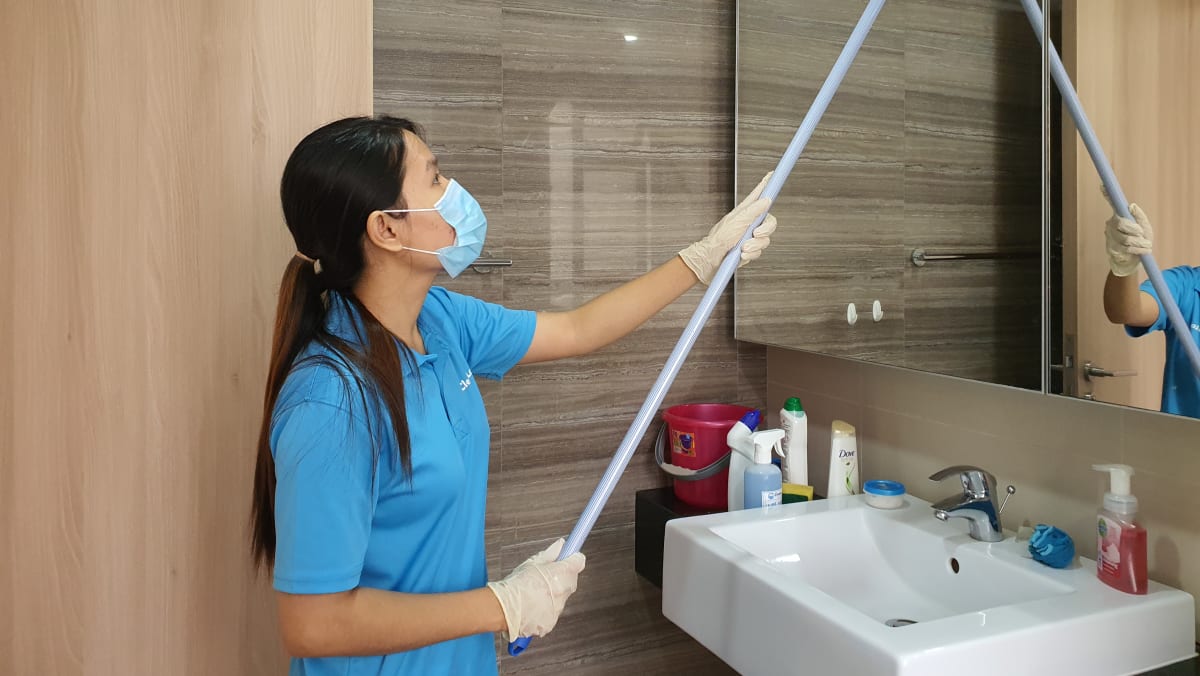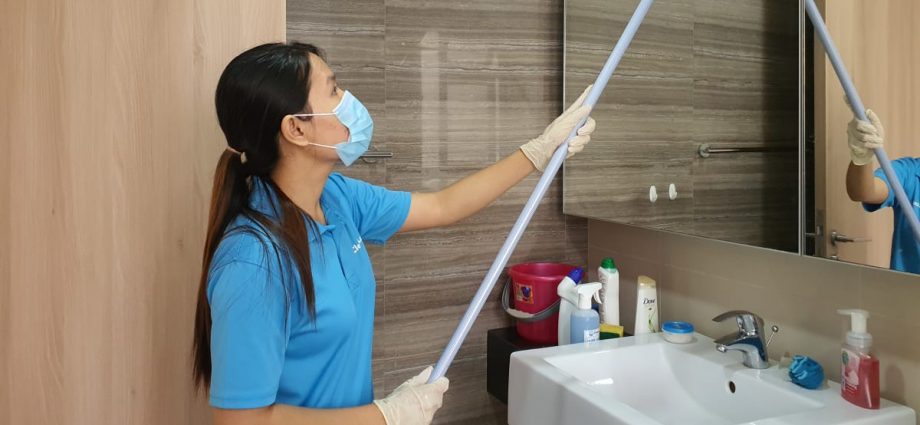
MOM stated on its website that the services provided under the scheme are intended to cater to households that “intermittently need additional help” with basic child and elder care.
Households that require a higher level of care should approach specialised caregiving companies, such as home nursing or home medical services.
HSS pilot companies must put in place safety measures before they can deploy workers to households, said MOM.
“They must conduct an assessment of households’ care needs, and fully disclose their workers’ relevant experience and qualifications to households.”
Additionally, these companies must ensure that their workers providing elder care services have met the training requirements set by the Ministry of Health. These workers must attend training courses or undergo competency assessments if they do not have relevant qualifications.
Households engaging the companies for elder or child care services should also ask the provider for the experience, qualification and training of the worker deployed, as well as access the suitability of the worker for the care needs of the household.
Households are also advised to have a member of the household present to supervise, especially when using the services of the worker for the first time, said MOM.
Currently, there are about 140 HSS companies providing part-time household services to more than 21,000 homes, said Minister of State for Manpower Gan Siow Huang.
With the expanded scope, selected companies under the scheme will have additional manpower to offer part-time basic caregiving serivces.
“This will give households more choices for respite care. We hope this will help Singaporeans better balance work and family commitments,” said Ms Gan.
“We will monitor the pilot programme, taking into consideration feedback from households and pilot companies, to assess its effectiveness and decide if further adjustments are needed.”

